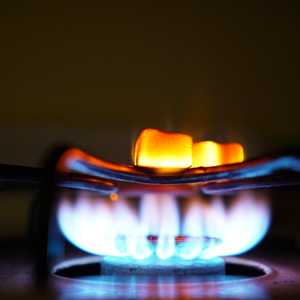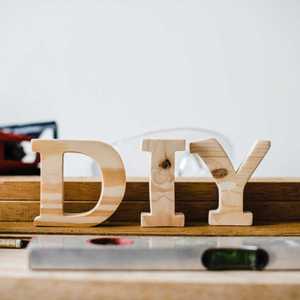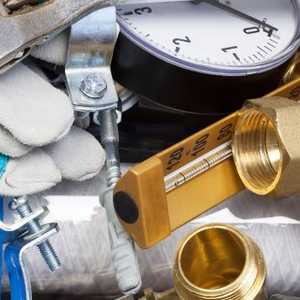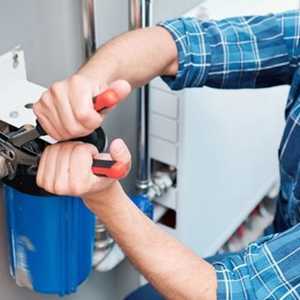It's repairs time: landlord vs tenant responsibilities
Repairs in a rented property can be a serious ground for discussion, as there is plenty of misunderstanding surrounding the subject. We help make...

Although the proportion of UK renters has doubled in the last 20 years, there is still a lot of misunderstanding when it comes to responsibilities within the property.
Who is responsible for the repairs in a rented property, is there such a thing as a few days window to pay rent, can you have people staying over, and for how long? All these questions torment the minds of landlords and tenants alike, and the answers found in forums and around the internet can vary.
In this blog we'll help you gain a better understanding of who is responsible for the repairs in a rented property and to what extend?
Tenant responsibilities:
- You're responsible for minor repairs, such as the change of light bulbs and fuses.
- You must keep your home clean.
- You or your visitors must not cause any damage to the property. If a visitor has damaged the property you must report the damage to the landlord. They might agree to repair it, and charge you for the cost, or leave the organisation of repairs to you.
- You must take care of, and use fixtures responsibly. This means not causing intentional blockages in the pipes by flushing food leftovers or big objects down the toilet.
- It is your responsibility to alert the landlord, if a repair is needed. Landlords are only expected to fix issues they have knowledge about.
- You must provide access to your home, if repair work must be done, with a prior 24 hour notice.
- It is your responsibility to repair any of your own appliances and installations, such as washing machine, microwave, oven etc.
- You must ask your landlord in writing for permission, if you will be making any changes in the property, such as installing shelves, or painting the walls.
Landlord responsibilities:
- You must provide a reasonably prompt repair and maintenance, once a tenant has alerted you about a damage.
- You should ensure the tenants are living in safe conditions, and all gas and electrical equipment meets the required safety standards. This means you need to have a gas safety inspection and certificate produced annually, and at the start of each tenancy. You should also provide a copy of this report to the tenants, or you could face legal proceedings.
- You should give a 24 hours notice to your tenants, if you plan to organise any repairs.
- In emergency situations you can force access into the tenants' home but you will be responsible for repairing any damages this has caused.
- You are responsible for maintaining the exterior of the property and any fixtures within the property, such as the electrical wiring, boiler, bath, sink, toilet.
- You must have an energy performance certificate before renting out the property. This will rate your property's energy efficiency on a scale from A to G, with G being the least efficient.
- If you own the whole building any repairs to the common parts are your responsibility.
- You cannot pass any of your repair responsibilities to the tenant. Even if such clause is outlined in a signed contract, it will be void, should you enter legal proceedings.
- The property you're renting out must be fit for human habitation. A property may be unfit if any of the following points are true:
- It gets far too cold or hot.
- There are too many people living at the property.
- Mould or damp are a serious problem.
- There is a pest infestation.
For more information, view the government Guide for tenants: Homes (Fitness for Human Habitation) Act 2018.
Related advice
There are plenty of actions you can take to help keep your home in check. Take a look here for the latest guides, advice and tips from our experts!
View our latest advice







